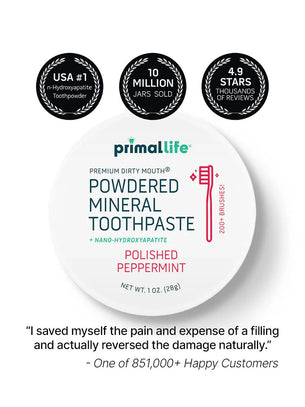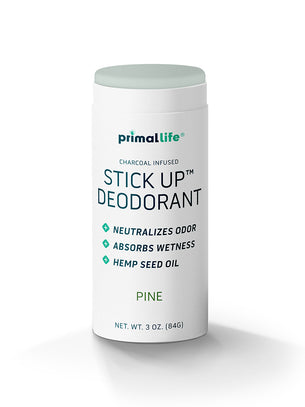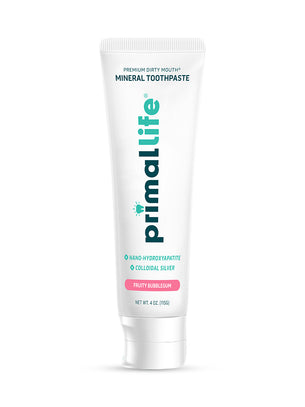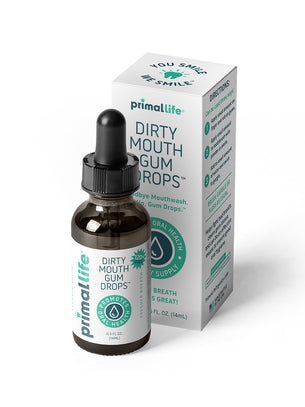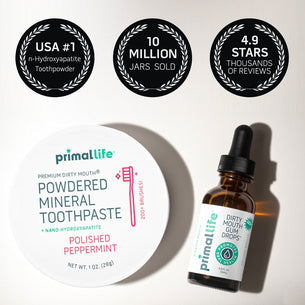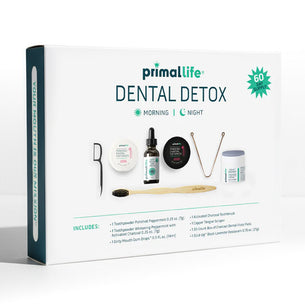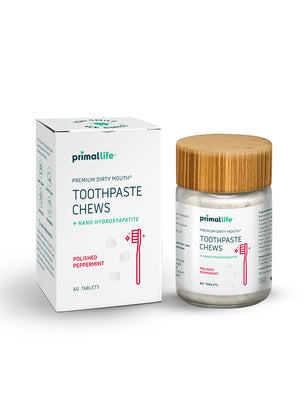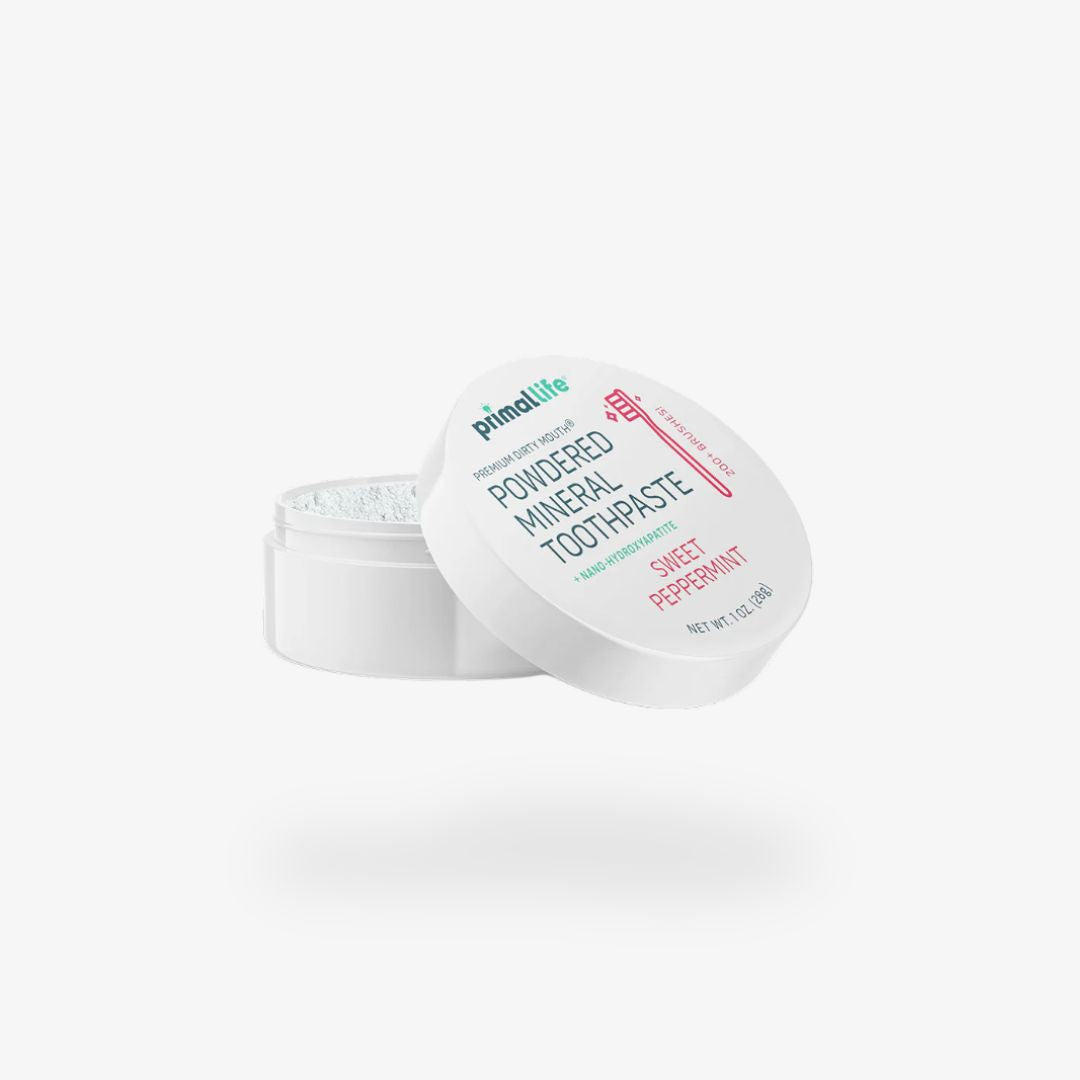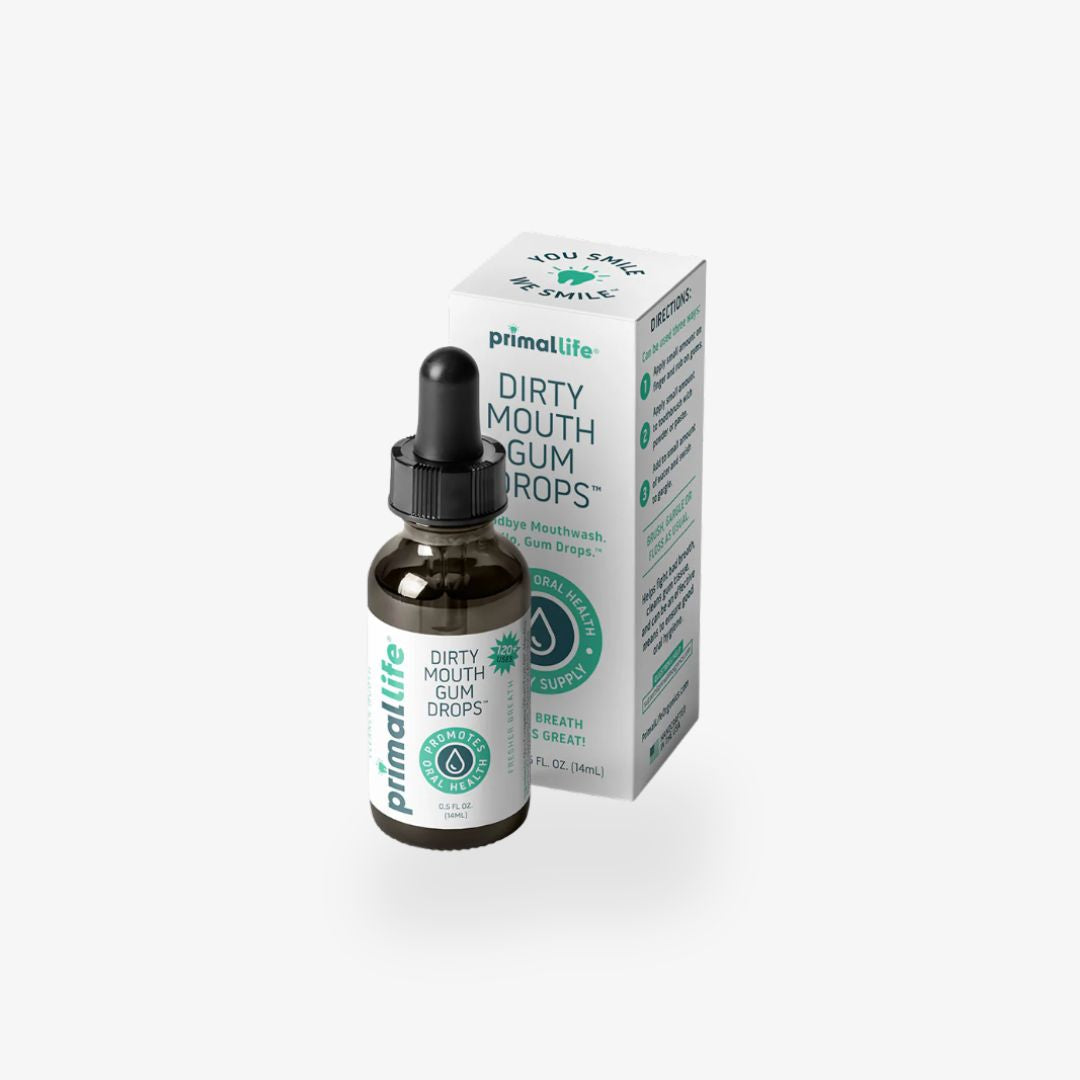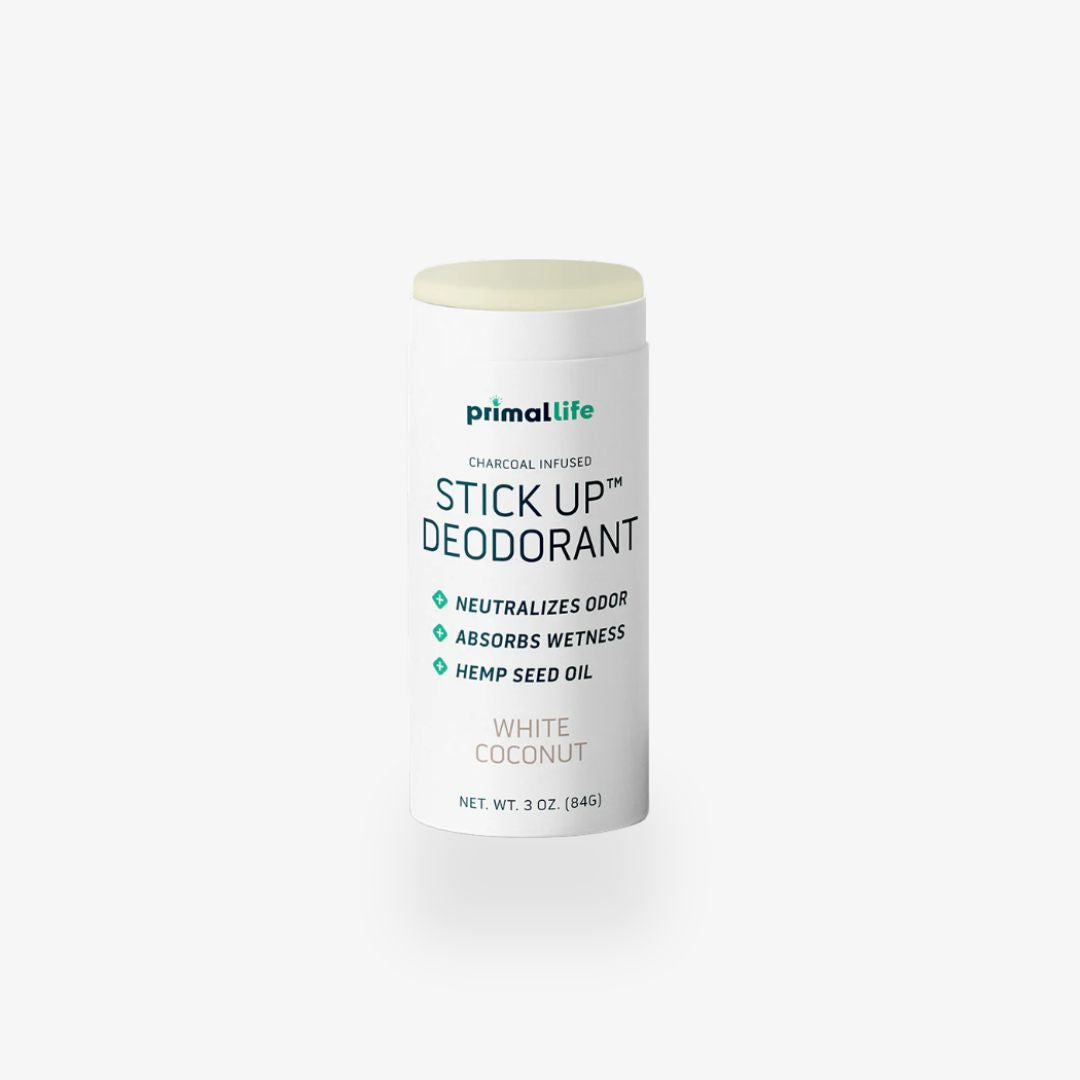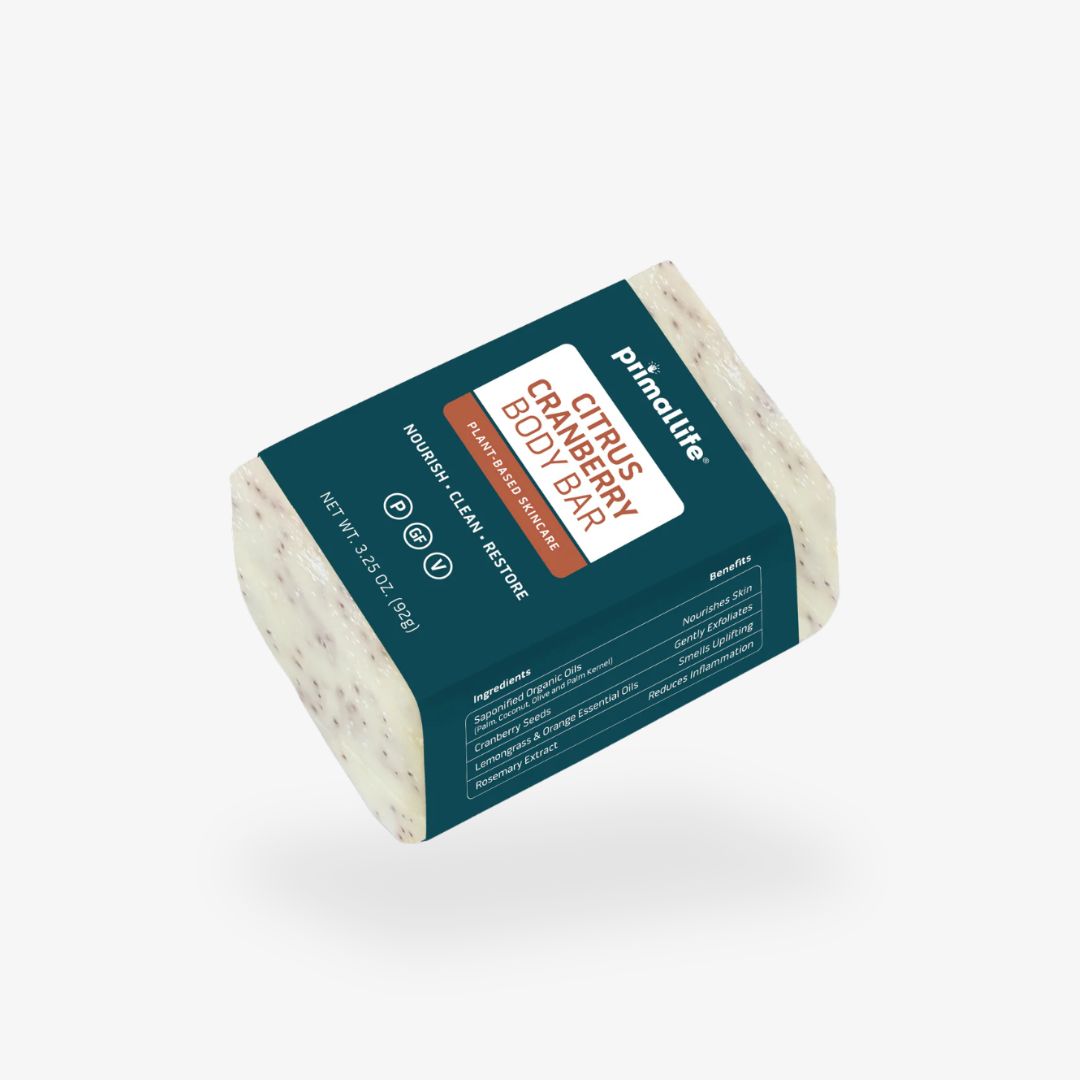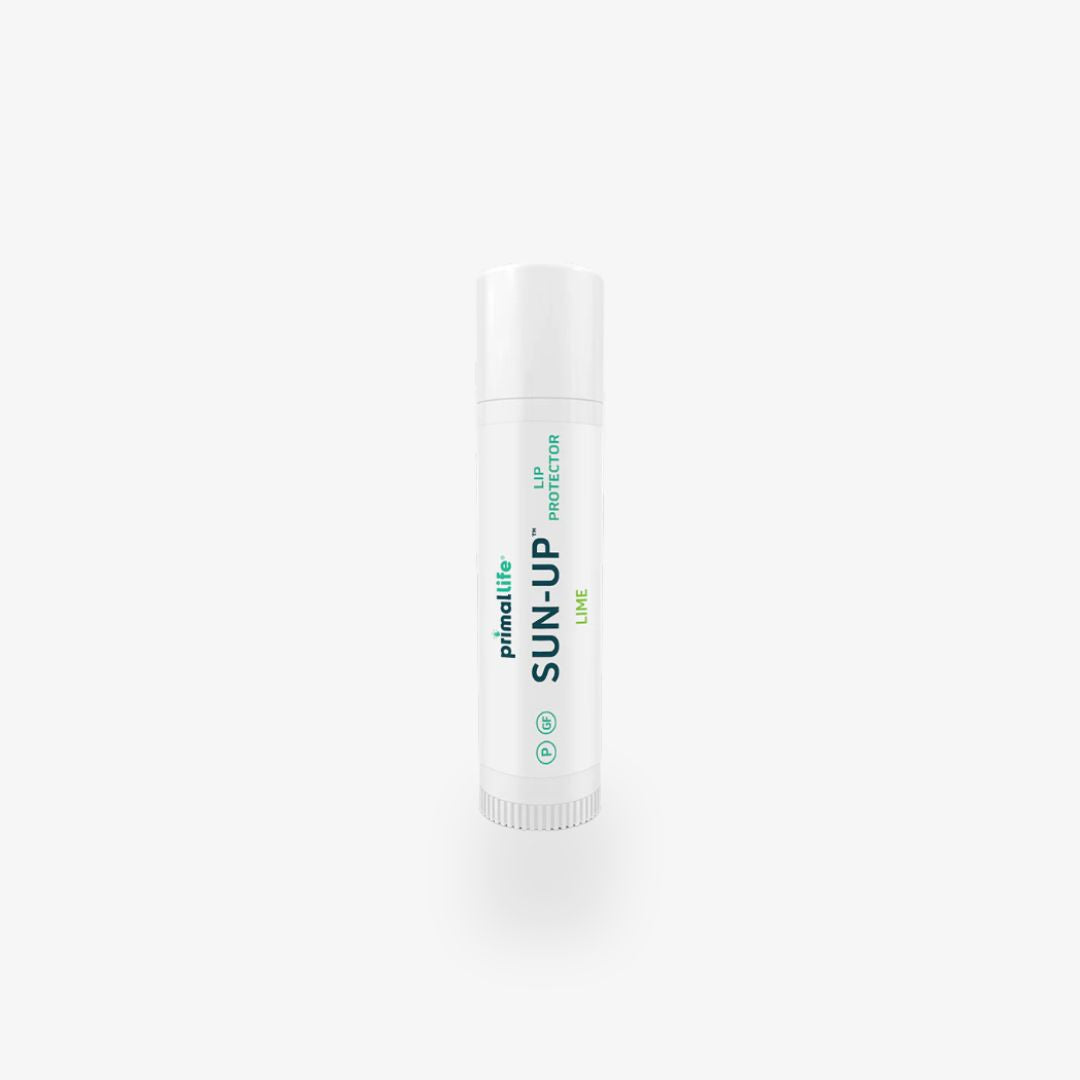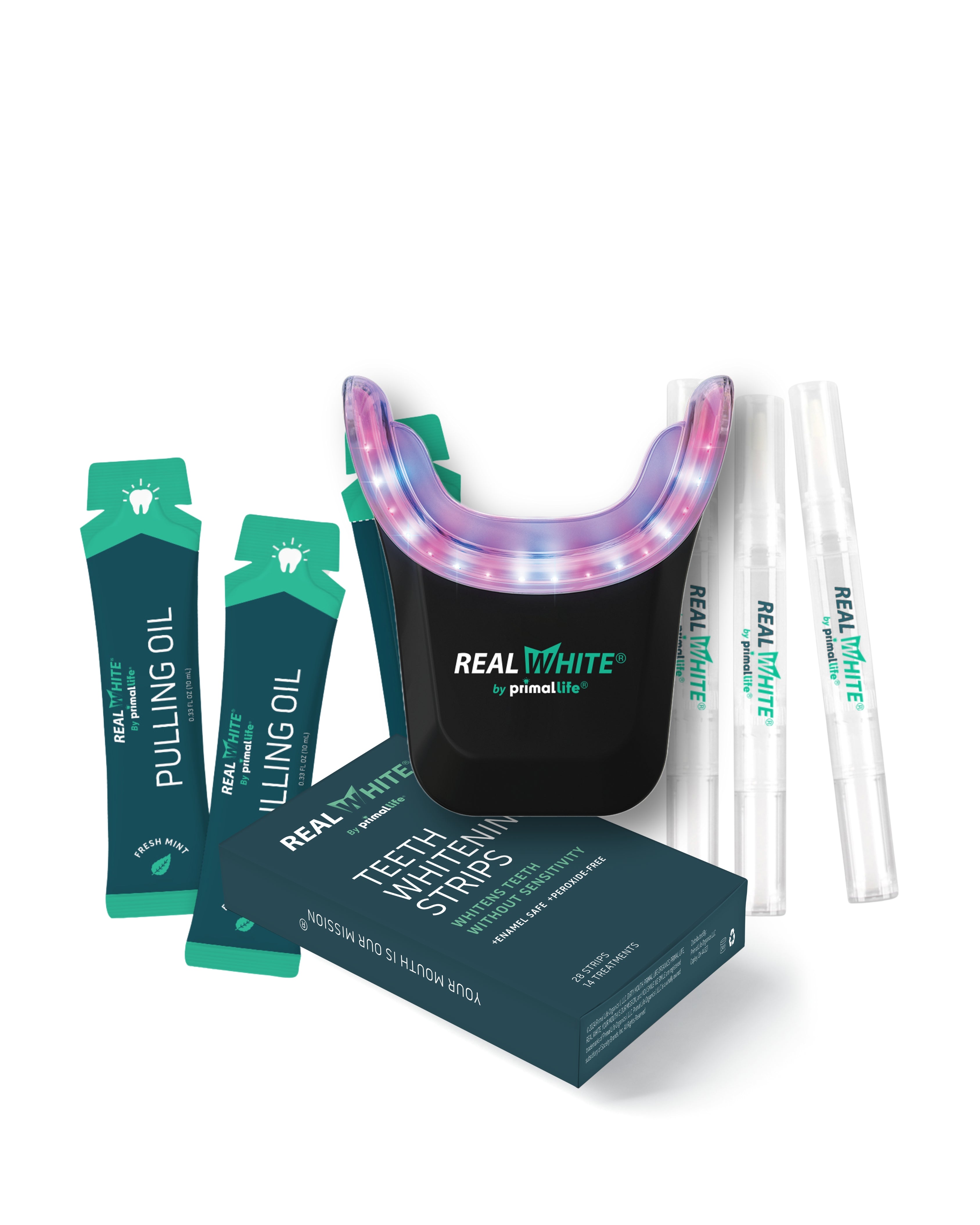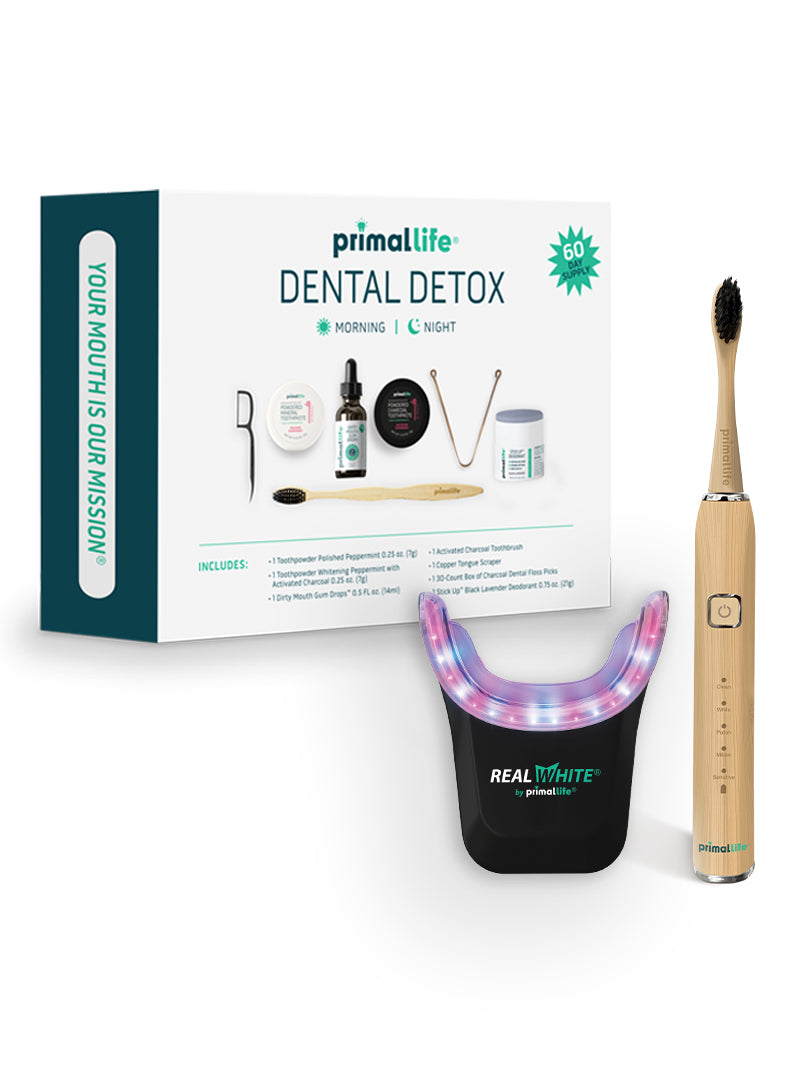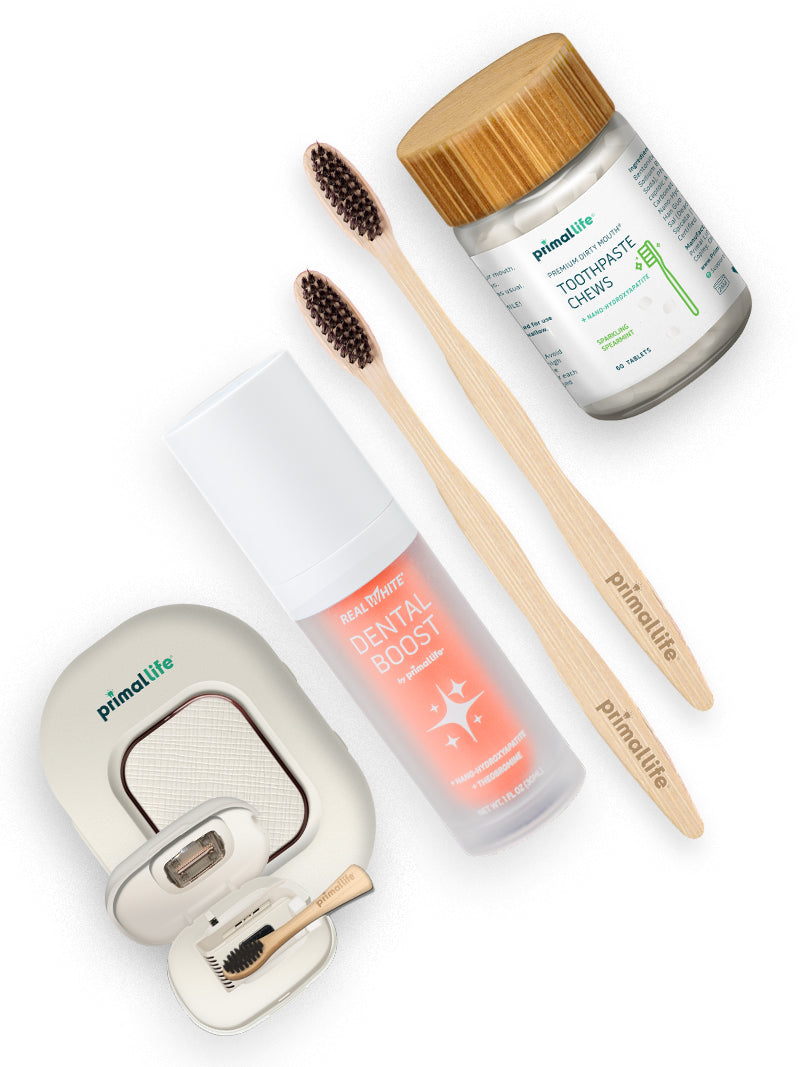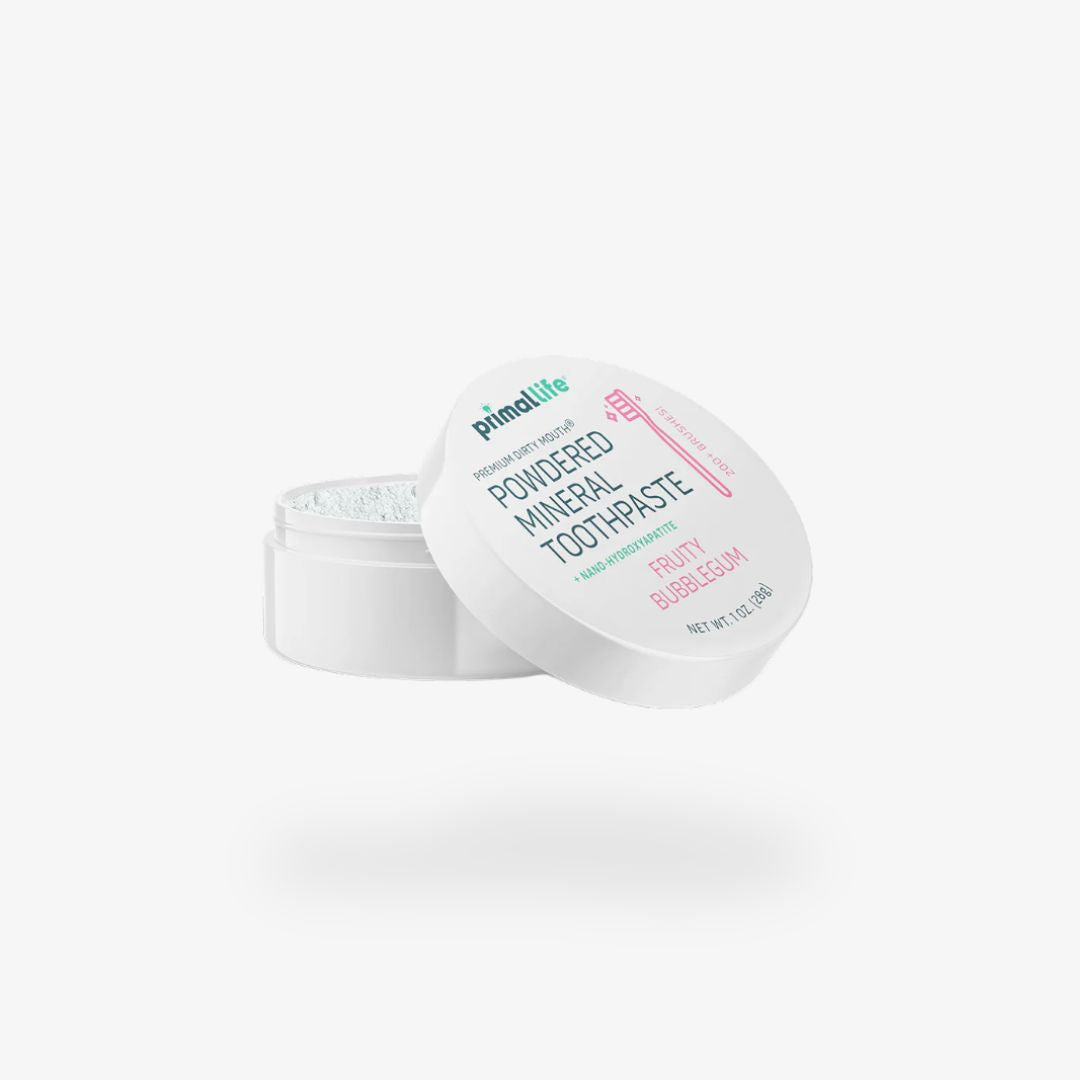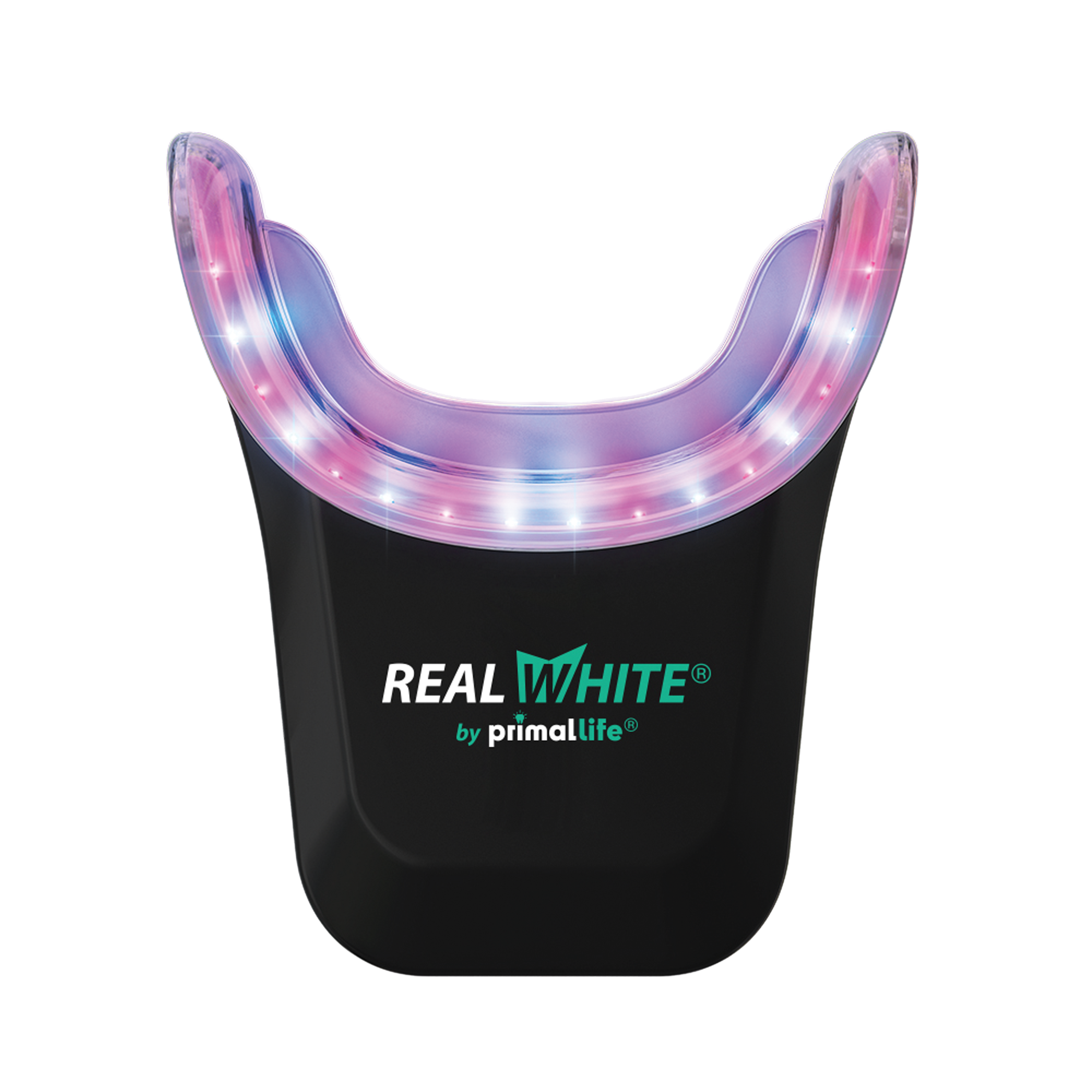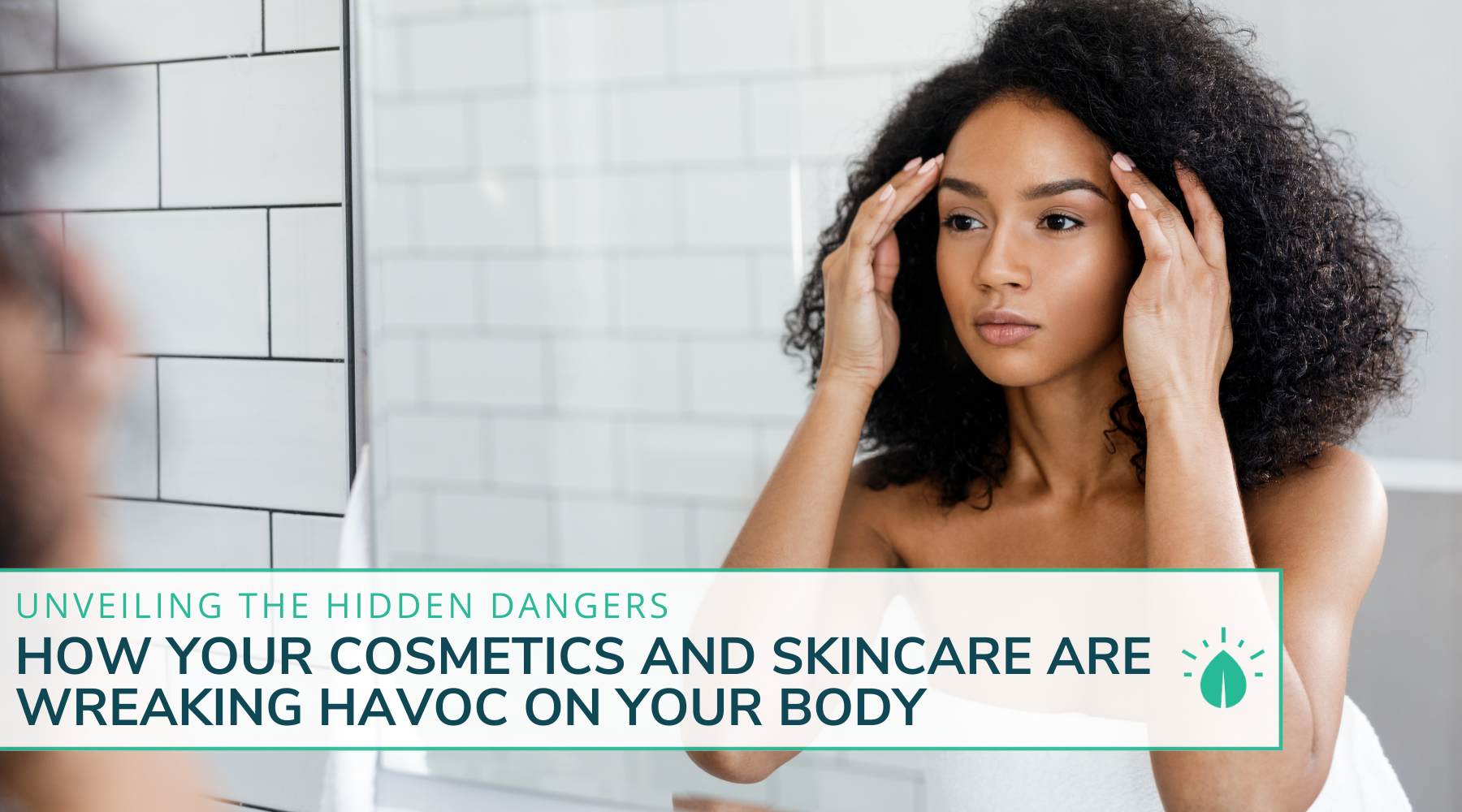It’s no secret that chemicals and toxins have invaded our planet down to the very air we breathe. You know to buy organic produce and steer clear of GMOs, but what about your cosmetics and skin care products?
The average woman uses about 15 personal care products a day, from toothpaste and face wash to deodorant and shampoo. Unfortunately, most of them include toxic ingredients. Even the lotions and cleansers that claim to enhance your beauty and protect your skin are actually brimming with dangerous chemicals.
Ugh! It’s time to unveil these products for what they really are — toxic soup — and identify safe and natural alternatives.
11 Skin Care Ingredients to Avoid
At least a few of the following ingredients can be found in nearly any skin care or cosmetic product you buy off the store shelf.
The FDA doesn’t monitor or regulate ingredients used in skin care products, which translates into zero accountability for manufacturers. They can use the cheapest or most convenient ingredients without giving a second thought to long-term health effects.
Water
Before you tell me I’m crazy for calling water a dangerous ingredient, hear me out.
The water used in cosmetic products is usually unfiltered tap water loaded with toxins. Since products that list water as the first ingredient may be up to 90% water, they contain a significant concentration of tap water contaminants:
- Disease-causing bacteria
- Heavy metals
- Gasoline solvents
- Synthetic chemicals
- Industrial waste products
- Disinfectant byproducts
- Radioactive substances
Um… I don’t know about you, but I don’t really want to smear gasoline solvents across my skin every night or start my morning with a fresh layer of heavy metals. Yet this is exactly what happens when we use skin care products made with water!
If all of that isn’t scary enough to make you think twice, consider the fact that water-based skin care products don’t hydrate your skin.
Quite the opposite: they pull the moisture out of your skin. These water-based products leave your face tired and dehydrated instead of nourished and rejuvenated.
Since dehydrated skin can’t eliminate cellular waste products naturally, toxins build up over time and trigger signs of premature aging. Those accentuated wrinkles could be the direct result of dehydrated skin damaged by cosmetics and skin care products formulated with water.
Sodium Lauryl Sulfate
Sodium lauryl sulfate (SLS) is used in many personal care products because it lowers the surface tension between ingredients and creates a foaming effect. As many as 90% of all personal care products contain SLS, so this ingredient probably enters your body daily.
SLS is known as a skin, lung, and eye irritant with the potential to interact with other chemicals to form a known carcinogen called nitrosamine. According to research, nitrosamines may cause tumors and other cancerous developments. This isn’t good news considering that you can find SLS in everything on your sink from toothpaste to acne treatments. Is that gentle foaming action worth the consequences?
Triclosan
Triclosan is an antimicrobial chemical so common that 75% of U.S children and adults are exposed on a regular basis. Research indicates potential dangers of triclosan, yet it's still included in many toothpaste, mouthwash, and hand sanitizer products.
Triclosan is easily absorbed into the skin and bloodstream, where it causes widespread damage:
- Interrupts hormone function and regulation
- May contribute to the development of antibiotic-resistant germs
- Causes allergies, asthma, food sensitization
We’re so worried about not getting sick that we’re making ourselves sicker with these toxic ingredients.
Formaldehyde
I probably don’t need to remind you to avoid formaldehyde, but you’d be stunned to learn how often this dangerous ingredient is found in cosmetic products!
Formaldehyde is a preservative used to help prevent bacteria growth, but it’s linked to a number of occupational-related cancers. The National Toxicology Program lists formaldehyde as “known to be a human carcinogen” and the EPA categorizes this ingredient as a “probable human carcinogen.” So why is this cancer-causing agent dumped into our shampoos, conditioners, and shower gels?
Toluene
If you’re not already disgusted by the truth behind the ingredients in your personal care products, the facts about toluene might send you over the edge.
Toluene is a petrochemical derived from petroleum or coal tar sources. It’s a solvent used to thin pain, yet somehow it also lurks in our personal care products. The Agency for Toxic Substances and Disease Registry lists the following health effects of toluene:
- Nervous system effects such as headaches, dizziness, unconsciousness
- Long-term nervous system disabilities like cognitive impairment, vision and hearing loss
- Exposure during pregnancy may lead to birth defects and disabilities
- Immune, kidney, liver, and reproductive problems
Toluene has no business in any product used for human consumption, especially the products we use on our hair, skin, and teeth!
Parabens
Parabens are commonly added to skincare as preservatives to prevent the growth of bacteria, mold, and yeast. Sure, this sounds great, but parabens cause so much more damage than they prevent.
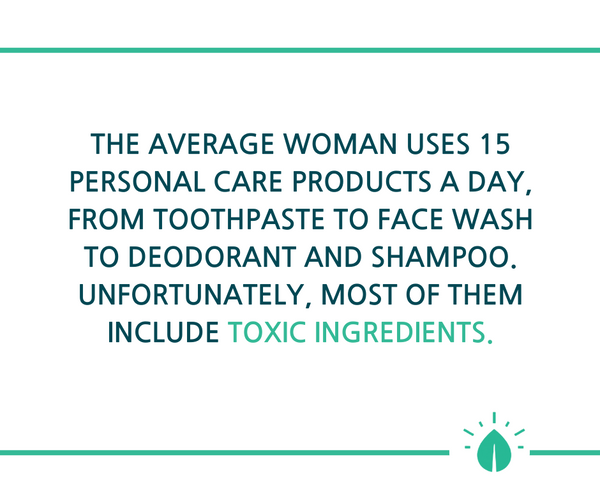
These synthetic compounds possess estrogen-mimicking properties associated with an increased risk of breast cancer for men and women alike. In fact, parabens have been found in biopsy tumors of breast cancer!
Even if a single product contains parabens under the limit set by the FDA, cumulative exposure to parabens from multiple cosmetic products every single day may contribute to a wide range of health problems.
Synthetic Colors
Synthetic colors aren’t always as obvious as Kool-aid or Jell-O. Even the cosmetic industry utilizes artificial colors to make products more appealing.
The colors may be attractive, but their sources aren't. Synthetic colors are derived from petroleum or coal tar. Research connects these fake colors to numerous health problems including cancer, skin irritation, and ADHD in children.
Phthalates
Phthalates lurk in hundreds of products to increase the flexibility and softness of plastics. Sounds great in skincare… not! These chemicals are known hormone disruptors and linked to an increased risk of breast cancer, early breast development in girls, and reproductive birth defects in males.
The presence of phthalates isn’t even disclosed on some products because the ingredients are hidden as part of the fragrance “trade secret”. In other words, the FDA doesn't require manufacturers to list the ingredients they categorize as part of their unique secret to success.
Fragrances
Scent is a powerful and persuasive feature, but unfortunately some manufacturers stoop to low levels to create their signature fragrances. Companies don’t need to disclose the ingredients used in their fragrances since they’re considered “trade secrets”, so it’s impossible to know exactly which toxins will leech into your body.
What we do know, however, are the common side effects of the ingredient subtly labeled “fragrance”:
- Respiratory distress
- Reproductive problems
- Allergies and dermatitis
- Hormone disruption
- Cancer
Even if you purchase something labeled “unscented”, check the ingredients. The product could still include “fragrance” to mask the naturally awful odor of other chemicals and toxins!
Propylene Glycol
Propylene glycol is a small organic alcohol used as a stabilizer and thickener. It’s added to everything from moisturizers and sunscreen to hairspray and makeup. This might sound fine except for the fact that it’s also used in antifreeze! An ingredient that contributes to the function of antifreeze should never come near your skin or body.
Extensive or long-term exposure to propylene glycol may cause a range of health problems:
- Dermatitis and hives
- Nervous system depression
- Acidosis and kidney failure
Simply put, this toxin is bad news.
Sunscreen Chemicals
Last but not least, it’s important to shield your skin and body from dangerous sunscreen chemicals like titanium dioxide, PABA, oxybenzone, and avobenzone. These toxins are easily absorbed into the body to cause cellular damage that leads to cellular mutations and cancer.
How Hormone Disruptors Affect the Rest of Your Body
Considering the prevalence of hormone disruptors in cosmetics, it’s important to understand their potential effects on your body.
Hormones travel all across your body to perform countless functions. Everything from energy and stress to hunger and mood relate back to hormones. Hormone disruptors, also called endocrine disruptors, interfere with your body’s natural hormone functions in a few ways:
- Mimics hormones like estrogen, androgen, and thyroid hormone to the point of overstimulation
- Binds receptors within cells and block hormones from performing normal responsibilities
- Interferes or blocks the way hormones are made and controlled
Since hormones influence your developmental, reproductive, neurological, and immune systems, it’s easy to see how hormone disruptors can wreak havoc on your entire body!
The Side Effects of Endocrine Disruptors in Cosmetics
Most of us don’t realize there are hormone disruptors in cosmetics. It’s not like manufacturers advertise it! So we use our face wash and deodorant and never think to blame those products for our acne, fertility problems, weight gain, and fatigue.
Has your doctor ever listened to your problems and asked you what type of skin care products you use or suggested that endocrine disruptors are to blame? No!
Most doctors run tests and put you on medication when they diagnose your hormone imbalance. You find yourself spending money on medications that only make your health worse and keep you dependent on pharmaceuticals.
It’s time to break that cycle. Instead of pouring your money down the drain on dangerous medications that never address the root cause of your health problems, invest in a better skincare routine.
You deserve to thrive and embrace life instead of suffering these side effects of endocrine disruptors in cosmetics:
- Lower sperm count
- Estrogen dominance
- Adrenal imbalances
- Infertility
Stop and think about it for a minute. We wonder why cancer and infertility rates are surging. We wonder why we have to guzzle coffee and energy drinks just to survive the day. But it’s no mystery!
It’s quite possibly the many toxic ingredients interacting with our bodies every single day.

The chemicals in just your shampoo or conditioner might not cause noticeable problems, but we’re all dealing with a gradual accumulation over time from a variety of products.
When the toxins and hormone disruptors in your deodorant, toothpaste, shampoo, conditioner, hairspray, face wash, soap, body wash, laundry detergent, sunscreen, mouthwash, makeup, and moisturizer combine… we don’t stand a chance.
Switching to safer cosmetics and skin care products is the only solution.
A Guide to Finding Safe Cosmetic Ingredients
I’ll be the first to admit that it’s terrifying to rip the mask off of our conventional cosmetics and identify the real dangers they pose to our health and longevity.
But there’s also good news!
You don’t have to look far to find safe cosmetic products that use clean, natural ingredients instead. I developed my entire line of Primal Life Organics skincare (and oral care… and deodorant… sunscreen!) for that exact purpose.
Beyond just avoiding toxic ingredients like parabens, fragrances, and tap water, Primal Life Organics uses earthen ingredients that nurture, nourish, and enrich your skin and your overall health.
Even the “additives” we use to strengthen our products are as natural as the earth itself: organic calendula flowers, white kaolin clay, essential oils, and other powerful ingredients. They’re light years away from formaldehyde and triclosan!
You already know the skin care ingredients to avoid, so now let’s list the natural ingredients that you want to find on the label:
- Coconut oil
- Olive oil
- Jojoba oil
- Argan oil
- Aloe vera
- Certified Organic essential oils
- Honey
- French green clay
- White kaolin clay
- Turmeric
- Himalayan sea salt
- Fuller’s earth clay
- Rhassoil clay
- Rosemary extract
These potent ingredients possess remarkable properties that enhance and rejuvenate your skin health. Period. That’s their only job! They don’t disrupt your hormones. They don’t dehydrate your skin. And they definitely don’t contribute to chronic disease in the future.
Start Now: Change This Part of Your Beauty Routine
If you’re ready to make a positive change for your skin and body, you can begin by swapping the simplest part of your beauty routine: your face wash! You use face wash twice a day but probably never give it a second thought.
The truth is that your face wash could be the single most important beauty tool you use! The wrong ingredients will sabotage the rest of your beauty regimen, but the right natural ingredients will protect your skin and boost the effects of serums and moisturizers.
Toss Your Store Bought Face Wash
Most off-the-shelf face wash products do more harm than good. They’re formulated with tap water and other ingredients that strip away your skin’s natural sebum oils.
Thousands of sebaceous glands cover every square centimeter of your face to moisturize and protect your skin. Healthy bacteria thrive in sebum to prevent acne and other unwanted skin problems. A standard face wash destroys and interrupts your skin’s natural oils every single morning and night. It’s no wonder that your skin always looks congested and dull!
Fortunately, stopping this problem is as simple as switching to a better face wash. Every Primal Life Organics face wash is created to gently wash away surface dirt without harming your skin’s protective oils. Enriching ingredients infuse your skin with antioxidants, remove dirt and bacteria, and gently exfoliate.
Earth Face Wash
Earth Face Wash is like a multivitamin for your skin. It blends saponified coconut, olive, and jojoba oils with aloe vera, rosemary extract, white kaolin clay, French Green Clay, grapefruit feel, honey, and lavender for the ultimate gentle cleansing and soothing effect.
Carrot Seed Face Wash
Primal Life's Carrot Seed Cleanser is a game-changer for sensitive, and oily skin. Our unique formula combines cleansing organic saponified oils with the magic ingredient, Carrot Seed Oil.
Carrot Seed Oil is renowned for its skin-mending, collagen-boosting, and moisturizing properties. Enriched with vitamins A, C, and E, this exceptional oil helps smooth lines, hydrate, and heal the skin. By increasing cell turnover, brightening the complexion, and reducing inflammation, Carrot Seed Oil works wonders.
Infused with the nourishing power of beta carotene, vitamins A, C, and E, as well as rosehip seed oil, our cleanser clarifies and hydrates, achieving beautifully balanced skin.
Pomegranate Face Cleanser
The Pomegranate Face Cleanser is a luxurious cleanser works wonders to gently yet effectively remove makeup and impurities without stripping essential lipids from your skin.
Rich in antioxidants, our hydrating blend of organic Coconut, Olive, Jojoba, and Pomegranate seed oils minimize the look of fine lines and wrinkles while amplifying your skin's natural glow and preserving its moisture barrier.
Healthier Skin From The Inside Out
At the end of the day, I want to start the fire that helps you make better choices for your skin, your body, and your health. If I can reveal the truth behind our commercial cosmetic industry and empower you to make positive changes, then I’ve done my job!
I’ve used my skin care line exclusively for more than ten years, so I believe in the natural power of every ingredient I select. From white kaolin clay and rose hip seeds to jojoba oil, I know these ingredients will rejuvenate your skin and restore your health. Toxic ingredients are easy to find, but you don’t need to let them into your life!
Resources:
https://www.ncbi.nlm.nih.gov/pmc/articles/PMC6066348/
https://ntp.niehs.nih.gov/ntp/roc/content/profiles/nitrosamines.pdf
https://www.ncbi.nlm.nih.gov/pubmed/29182464
https://www.ncbi.nlm.nih.gov/pmc/articles/PMC6126357/
https://ntp.niehs.nih.gov/ntp/roc/content/profiles/formaldehyde.pdf
https://www.epa.gov/sites/production/files/2016-09/documents/formaldehyde.pdf
https://www.atsdr.cdc.gov/phs/phs.asp?id=159&tid=29#bookmark05
https://www.scientificamerican.com/article/should-people-be-concerned-about-parabens-in-beauty-products/
https://www.ncbi.nlm.nih.gov/pmc/articles/PMC2957945/
https://www.theguardian.com/lifeandstyle/2015/feb/10/phthalates-plastics-chemicals-research-analysis
https://www.fda.gov/cosmetics/cosmetics-labeling/trade-secret-ingredients
https://www.ewg.org/enviroblog/2014/08/expert-panel-confirms-fragrance-ingredient-can-cause-cancer
https://www.atsdr.cdc.gov/substances/toxsubstance.asp?toxid=240
https://www.consumerreports.org/sunscreens/what-you-need-to-know-about-sunscreen-ingredients/
https://www.niehs.nih.gov/health/topics/agents/endocrine/index.cfm
https://www.niehs.nih.gov/health/materials/endocrine_disruptors_508.pdf
https://www.healthline.com/health/beauty-skin-care/sebum#purpose
Read more
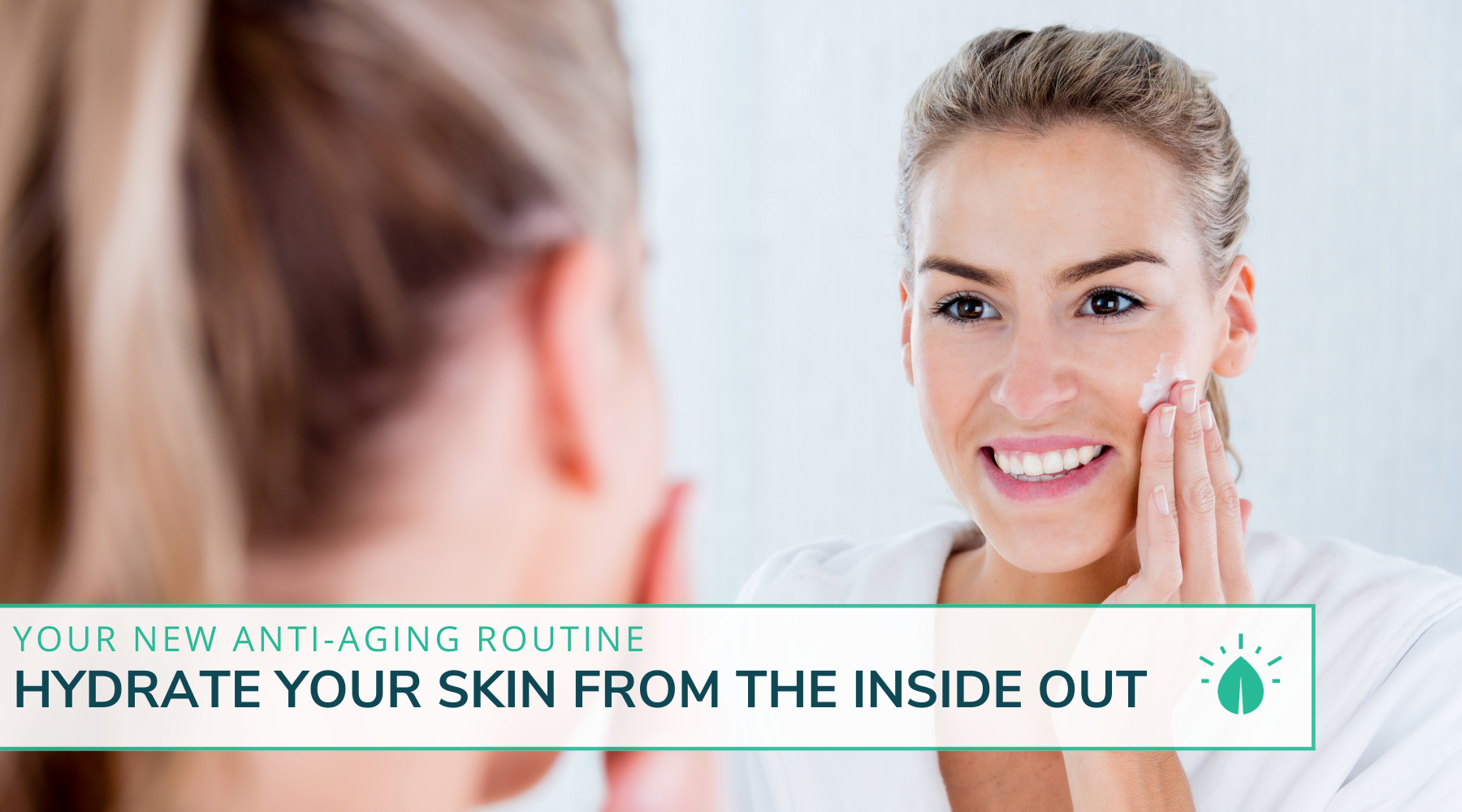
Unfortunately, your skin care products are largely to blame for your premature aging. Despite the claims made in their clever commercials, mainstream beauty and cosmetic products suck the hydratio...
Winter has arrived! Frigid temperatures, biting winds, and harsh indoor heating are about to sweep in and suck your skin dry. That bright, bronzed skin you boasted over the summer will quickly be ...
